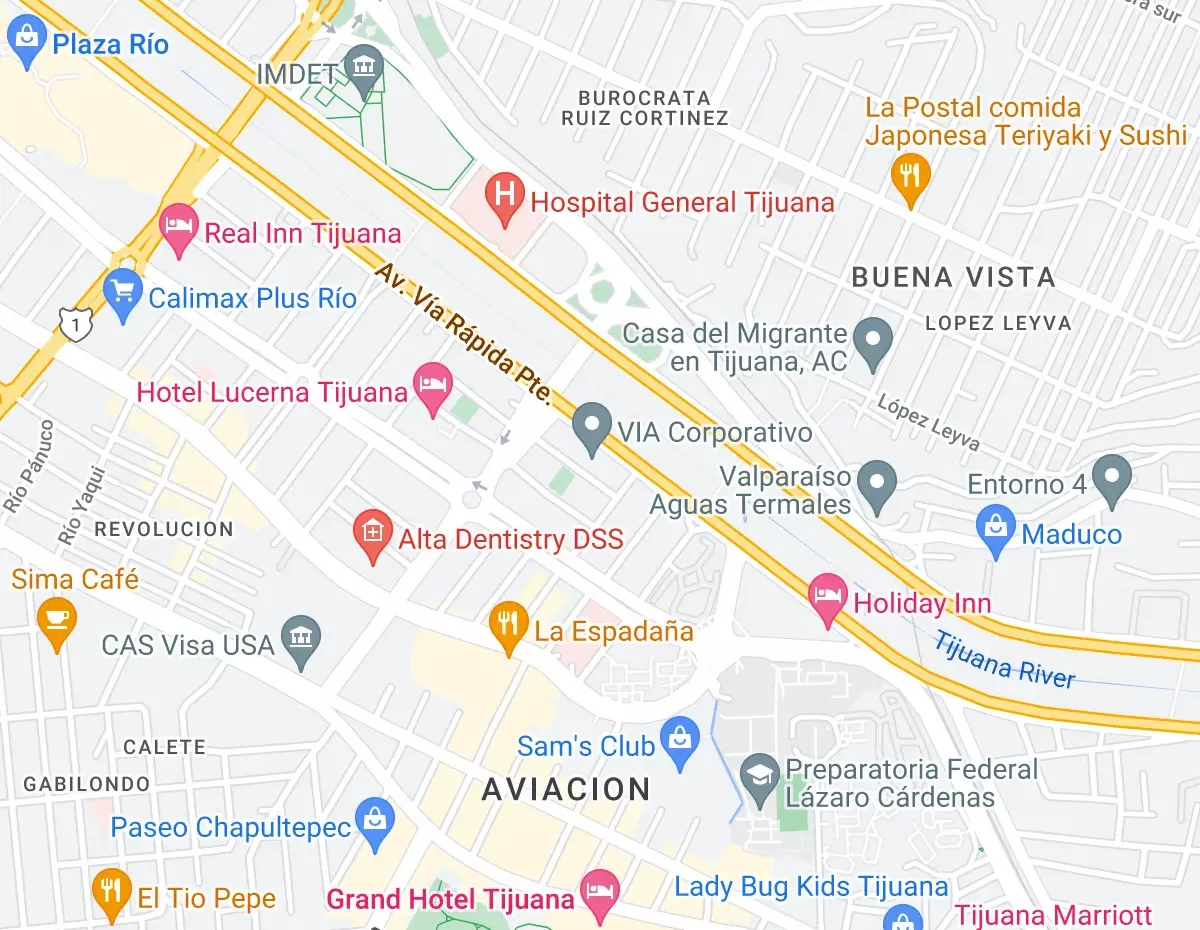Definition of a Drug Addict
For many of us, describing drug addiction may seem hard. Most of us think of addiction as a habit or a failure to prevent ourselves from using something. However, drug addiction is not just limited to failure prevention. Years of study have revealed that drug addiction is more than just a habit. Instead, it is a mental illness.
Individuals suffering from any drug addiction frequently believe they cannot operate regularly without their substance of choice. This can result in a variety of challenges affecting career aspirations, relationships, and general health. These dangerous effects might worsen over time and, if left ignored, can be deadly.
While drug misuse may begin as a pastime activity and appear to be harmless to the user at first, the risk resides in developing a dependency on the drug. This dependency then leads to long-term misuse, which later develops into addiction. But what is it that keeps a person hooked to a cure? This article will review drug addiction and what motivates someone to continue abusing drugs even if they are aware of their addiction and wish to stop.
What is Drug Addiction?
Addiction to drugs is a profound and ongoing brain disorder. People who are addicted to drugs have obsessive, often uncontrolled cravings for their substance of choice. They will usually continue to pursue and use drugs despite facing severely harmful effects because of doing so.
Addictive drugs function in the brain by eliciting pleasure. They activate the brain’s central nervous system and disrupt regular communications flow. These drugs target dopamine, a neurotransmitter located in the brain’s sections concerned with our emotions, joy, thinking, desire, and mobility.
When people use drugs, their central nervous system gets intensely affected, mainly due to an overabundance of dopamine. This generates the thrill feeling that people want when they abuse narcotics. The brain reorganizes itself to seek this new technique of creating pleasure over time and developing its craving with persistent drug consumption. And as a result, the brain causes the person to seek that rush feeling repeatedly.
Drug addiction is not a habit by choice. Although most individuals choose to consume drugs in the first place, habitual consumption isn’t something they can cope with later. According to researchers, the images of our central nervous system show how drug addicts demonstrate physical alterations in the regions of the brain that are crucial for judgment, decision-making process, memory, learning, and behavioral intention.”
Drug Addiction Signs
People who have become addicted to substance abuse are likely to be more resistant to their effects. Resistance develops when an individual is influenced by the same quantity of a substance and requires more and more to experience the same kind of high rush. Tolerance, like dependence, is a prominent sign of addiction. Other symptoms of drug addiction are listed below:
When an individual starts feeling like they must use a particular medication on a routine basis, for minor things that can be cured otherwise
Having strong desires to consume some liquid or pharmaceutical drug
always Keeping enough amount of a drug on you
Controlling the failure
Despite dire repercussions, issues persist.
Changes or degradation in hygiene or personal appearance that is significant
Performing poorly in daily routine things like studies or a job because of drug dependence
Using unsafe methods to get the medicine, like stealing or faking a prescription
Having the desire to stop taking the substance yet being unable to do so
Experiencing withdrawal symptoms, like cold sweats, congestion, heavy heart, etc.
Behavioral changes may be the most telling indicator when attempting to identify drug dependency signs in individuals around us. Individuals who are freshly impacted by substance abuse, for instance, may fall behind in school or at work, or they may lose interest in things they formerly enjoyed.
Individuals who develop drug problems may also have lost interest in their looks or neglected their wellness. People developing addictions start becoming cautious to conceal their dependencies, particularly when they’re not yet confident to confront their problems.
Extensive therapy will be most beneficial to people who have acquired an addiction. However, receiving family members the assistance they require may be challenging. Addicts are frequently unwilling to accept they have a substance use issue, making talking to them difficult.
If you believe that your substance abuse habit is harming your lifestyle, you must seek effective therapy to help you break your addictive behavior.
What Effects Does Drug Addiction Have on your Body?
When you start increasing your drug intake, every organ in your system is affected by drug addiction. Aside from overdosing, there are several negative medical consequences of being a drug addict. Following are some examples:
Coronary artery disease
HIV, hepatitis, and other diseases are becoming more contagious.
Irregular heartbeat, heart attack
Cancer, asthma, and breathing problems are all examples of respiratory issues.
Pain in the abdomen, nausea, constipation, and diarrhea
Harm to the kidneys and liver
Epilepsy, strokes, and brain damage
Variations in hunger, temperature, and sleeping habits
Heart
Pancreas
Digestive issues
Malnourishment
Hypertension and sleep disturbances
What Is the Most Effective Drug Addiction Treatment?
If you have become used intake drugs and it seems impossible to stop, it is critical to get treatment for your drug addiction. Having I Integrated therapy is complete programming that provides all therapeutic tools needed to assist the client in healing physically, psychologically, and emotionally.
Although there is no one explanation for addiction, having a mental issue may raise the chance of getting a drug use disease – and vice versa. Everyone is unique. In certain circumstances, the development of a mental health condition precedes the onset of drug usage. In other events, mental health signs do not appear till after the dependence has taken control. In some instances, drug use exacerbates or worsens these issues. Following are some of the treatments that are beneficial for treating any drug addiction:
Detoxification
Detoxification is a medically approved detox method that helps cleanse your system of harmful drugs in a secure setting. This is advantageous since drug discontinuation can result in severe or even life-threatening bodily effects. Detoxification is often used with other treatments since it does not address the root cause behind why the addiction started in the first place.
Behavior Therapy
While facing drug abuse problems, it is necessary to look for a longer and lasting solution. We recommend getting Behavior Therapy that may assist you in recognizing negative ideas and combating emotions of consciousness. The therapy’s purpose is to help you comprehend that the ability to think logically is inside you and not dependent on external conditions or pressures.
Contingency Management
Contingency Management is another treatment method used for drug addiction; it may address a wide range of addictions, including alcohol, drugs, and cigarettes. Contingency management treatment supports healthy behaviors such as staying sober and clean by providing tangible incentives.
Rehab Facilities
Alcohol and drug misuse are treated in rehab clinics. It is a kind of treatment that acknowledges that addictions have a variety of negative repercussions that might be communal, psychological, mental, or physical. This treatment style begins with admitting that you have a problem, then progresses to accepting that you can recover, and finally to participate in regular group sessions.
Frequently Asked Questions
What makes someone a drug addict?
You call someone a drug addict when they become so habitual of using a drug that it seems complicated to live without consuming it. Addiction is a recurring, relapsing condition caused by obsessive drug intake, continuing use despite adverse effects, and long-term brain alterations. It is classified as a complicated brain ailment as well as a mental illness.
What are the four factors that contribute to addiction?
Addiction is divided into four factors. It is designed to reduce the habit of addiction with the help of its most basic components, which are desire, urges, repercussions, and management. They have subsequently proven an effective means of effectively describing or even identifying addiction.
What are the underlying causes of addiction?
Addiction is the urge to feel much better, and the main reason behind addiction is pain, stress, personal issues. Unfortunately, most traumatic situations that are probable to contribute to addictive behaviors happen amongst adolescents or youthful children. The Childhood Trauma research includes data from nearly 17,000 patients, which supports the general reasoning behind the causes of addiction.
Conclusion
Drug addiction may be frightening since not everyone likes to confess that they have a mental illness. Even if a person recognizes their addiction, the thought of getting it treated can still be daunting—but it doesn’t need to be. Although there is no permanent solution for any drug and mental health issue, several research-based treatments and therapeutic approaches are beneficial in treating those addicted to drugs.
If you or someone from your family is battling an addiction, you don’t have to go it alone. We recommend you speak with a healthcare practitioner. There are effective treatments available to assist you in How to Overcome Drug Addiction?. The goal is to receive complete and mixed tailored therapy. People battling addictions overcome drug addiction when long-term social, psychological, and spiritual approaches are used.




